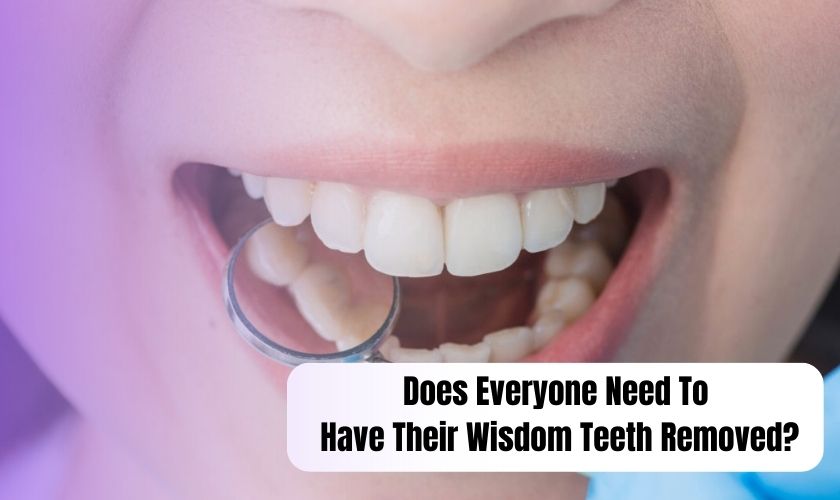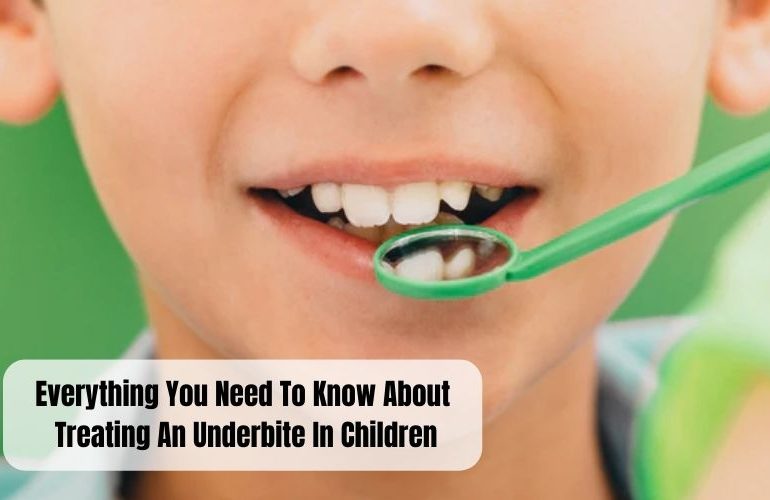Wisdom teeth, also known as ‘third molars,’ are the last permanent teeth appearing in a person’s mouth. They normally develop and come through between the ages of 17 and 25. For some people, wisdom teeth can cause problems when they try to come through the gum line, leaving them at risk of infection, pain, or damage to other teeth. This is why many people may be recommended to have their wisdom teeth removed. But does everyone need to have this procedure done?
This article covers what you need to know about wisdom teeth and whether they should be removed to maintain good dental health.
What are Wisdom Teeth?
The molars at the back of your jaw are wisdom teeth because they usually come through later in life when people become wiser. Wisdom teeth are the last permanent teeth to develop in your mouth. They normally appear between 17 and 25, when the other 28 adult teeth have already developed.
Why Do People Need To Have Their Wisdom Teeth Removed?
In some cases, wisdom teeth don’t always have enough room to grow properly. This impaction can cause several problems, such as infection, damage to other teeth, pain, or swelling. If this is the case for you, then it may be recommended that you have your wisdom teeth removed.
Do All People Need To Have Their Wisdom Teeth Removed?
Not everybody needs to have their wisdom teeth removed. Some people don’t experience any problems when their teeth come through, and in these cases, there is no need to remove them. Your dentist can assess whether or not you need the procedure done by examining your mouth and teeth during a routine appointment.
What Does The Procedure Involve?
If it’s recommended that you have your wisdom teeth removed, then your dentist or oral surgeon will give you more information on what the procedure involves. The tooth may either be cut out with special instruments or drills or need to be broken up into smaller pieces before removal. You may need to be put to sleep via general anesthetic so that you don’t feel any pain during the procedure.
Recovery Time
Once your wisdom teeth have been removed, your mouth will need time to heal properly. Depending on the severity of the extraction, it can take anywhere from a few days up to several weeks for the area to recover fully. Your dentist or oral surgeon will give you specific instructions on caring for your mouth after the procedure. This may include eating soft foods, taking antibiotics, and avoiding strenuous activities such as playing sports.
Conclusion
Wisdom teeth usually appear between the ages of 17 and 25 and can cause problems if they don’t have enough room in your mouth. If this is the case, you may be recommended to have your wisdom teeth removed to avoid any pain, infection, or damage to other teeth. Only some people need to have their wisdom teeth removed, though, and a dentist can assess whether or not the procedure is necessary during a routine appointment.
FAQs
Wisdom teeth usually come through between the ages of 17 and 25.
If there isn’t enough space for your wisdom teeth to grow properly, then it may be recommended that you have them removed to avoid any pain, infection, or damage to other teeth.
After removing your wisdom teeth, you may need to take antibiotics and eat soft foods for a few days to allow the area time to heal properly. Depending on the severity of the extraction, it can take anywhere from several days up to a few weeks until you’re fully recovered.




